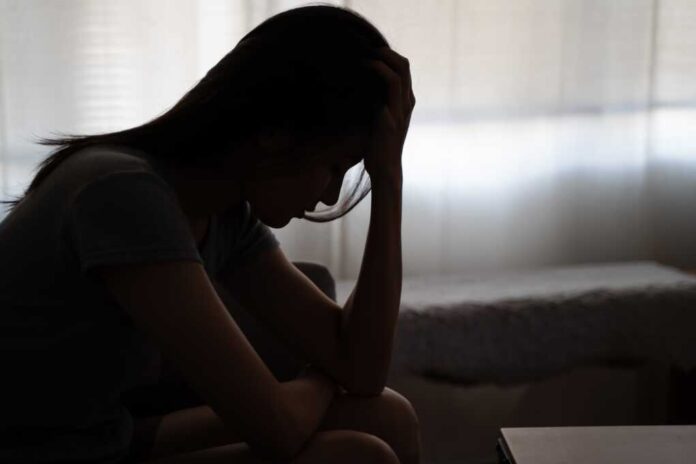
Shingles without a rash is known as “Zoster Sine Herpete” (ZSH). However, it’s not easy to diagnose because it doesn’t come with rashes, which are regular shingles symptoms. Keep reading this article to learn what to expect if you have shingles without a rash.
What Are The Symptoms of Shingles Without A Rash?
ZSH symptoms are similar to the symptoms of shingles but don’t come with a rash. Typical symptoms include:
● Itchiness
● A feeling of numbness
● Aches all over your body
● Headaches
● Fatigue
What Causes Shingles Without A Rash?
Experts are still uncertain about what reactivates the varicella-zoster virus (VZV) which is responsible for chickenpox and leads to shingles. However, there’s a general belief that shingles occur more in people with compromised immune systems. This can happen if you have any of the following:
● HIV
● AIDS
● High-stress levels
● An organ transplant
● Chemotherapy or radiation for cancer
Shingles is also not contagious, meaning you can’t have it from close contact with someone who does.
Who’s At Risk Of Shingles?
You can only get shingles if you’ve had chickenpox in the past. However, you’re at an increased risk if you fit into any of these categories:
● Have a weak immune system
● Are over age 50
● Are you under stress from trauma or surgery
How Is Shingles Without Rash Diagnosed?
Shingles without rash is not common, but this might be wrong because the condition is often undiagnosed. It’s also difficult to diagnose based on your symptoms alone.
As such, your doctor will have to test your blood, saliva, or cerebrospinal fluid to determine the presence of VZV antibodies and confirm if you have the infection. However, most of these tests are inconclusive.
Your medical history could also help determine if you have ZSH. For this, your doctor will ask if you’ve had a recent operation or are experiencing increased stress.
How Is Shingles Without A Rash Treated?
Once your doctor suspects you have VZV, they’ll begin treating you with antiviral medicines such as acyclovir. They may also recommend pain medications and other treatments depending on the condition’s location and the symptoms’ seriousness.
Conclusion
You must see your doctor immediately if you suspect you have shingles. This lets you get started on antiviral and pain medications that can speed up your recovery.
If you’re over 50, you should also take a Zoster vaccine (Shingrix) to reduce your shingles risk. It can also make your symptoms last shorter.



















